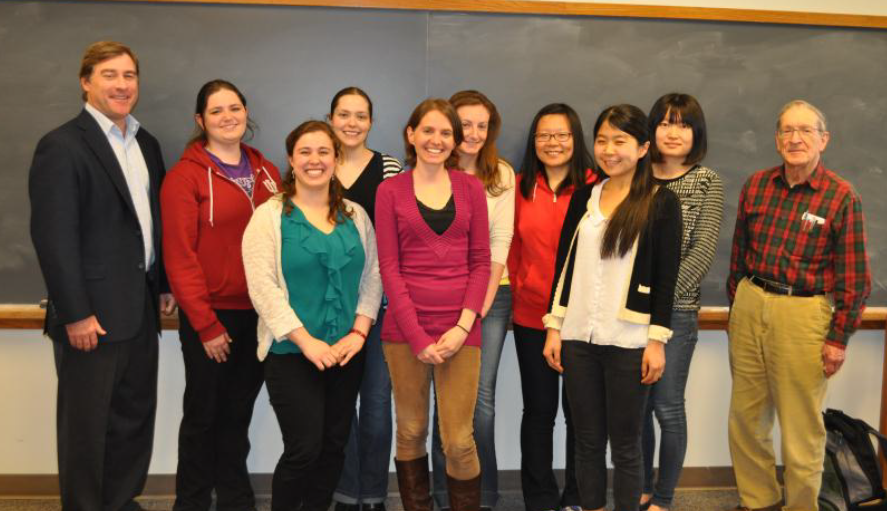Communication article highlights scientific breakthroughs
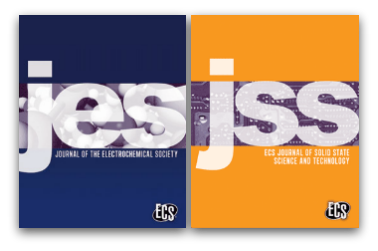 In an effort to more quickly disseminate breakthrough research and bolster the scientific discovery process, ECS has established Communication articles for researchers to quickly get the word out to a large scientific community on impressive preliminary research results.
In an effort to more quickly disseminate breakthrough research and bolster the scientific discovery process, ECS has established Communication articles for researchers to quickly get the word out to a large scientific community on impressive preliminary research results.
ECS has been publishing Communication articles since October 2015. These articles define a special category of short reports for publication in either the Journal of The Electrochemical Society (JES) or ECS Journal of Solid State Science and Technology (JSS).
“Although the research is preliminary,” says Dennis Hess, editor of JSS, “the content of these articles has the potential to change the direction of a field or supply the solution to a critical problem, thereby benefiting greatly science, technology, and society.”
With little time between acceptance and publication and concise reports of 2,000 words or less, Communication articles have the potential to open the door to the faster development of practical applications and overall advancement of the science.
All Communication articles undergo the same rigorous peer-review process associated with ECS publications. Each report is designed to demonstrate the high-impact of the research to the scientific community at large, providing a preliminary step for authors to highlight significant breakthroughs prior to publishing a full study/paper.
Learn more about Communication articles.
PS: Check out the Communication articles that have already been published in JES and JSS.


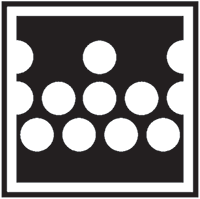 ECS recognizes outstanding technical achievements in electrochemistry and solid state science and technology through its Honors & Awards program. There are many deserving members of the Electrodeposition Division among us and this is an opportunity to highlight their contributions.
ECS recognizes outstanding technical achievements in electrochemistry and solid state science and technology through its Honors & Awards program. There are many deserving members of the Electrodeposition Division among us and this is an opportunity to highlight their contributions.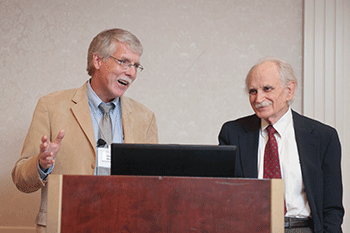
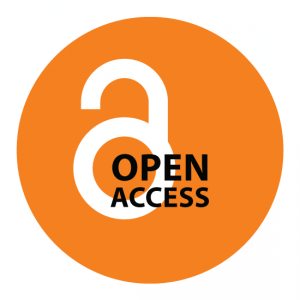 It’s always questionable to blog about something that is gaining attention because it’s illegal, but that’s the case with the latest crop of articles about open access in popular media. While the scientific community has been debating the merits of open access for a while now, the business behind scientific publishing is getting a lot more attention lately because of Alexandra Elbakyan, a graduate student from Kazakhstan who has hacked into hundreds of scholarly journals.
It’s always questionable to blog about something that is gaining attention because it’s illegal, but that’s the case with the latest crop of articles about open access in popular media. While the scientific community has been debating the merits of open access for a while now, the business behind scientific publishing is getting a lot more attention lately because of Alexandra Elbakyan, a graduate student from Kazakhstan who has hacked into hundreds of scholarly journals.
